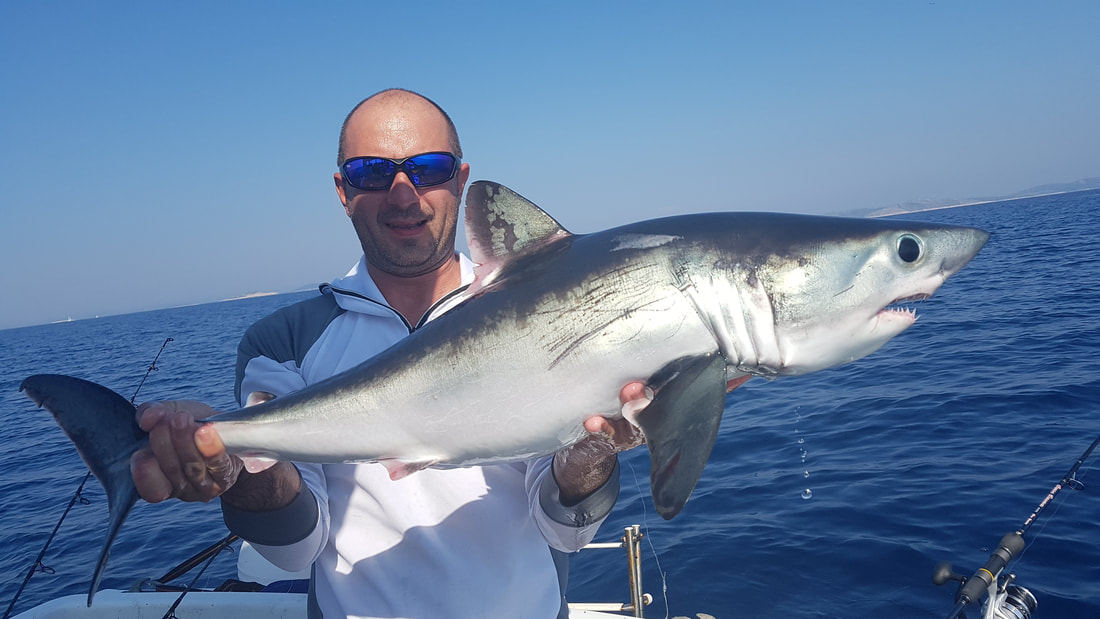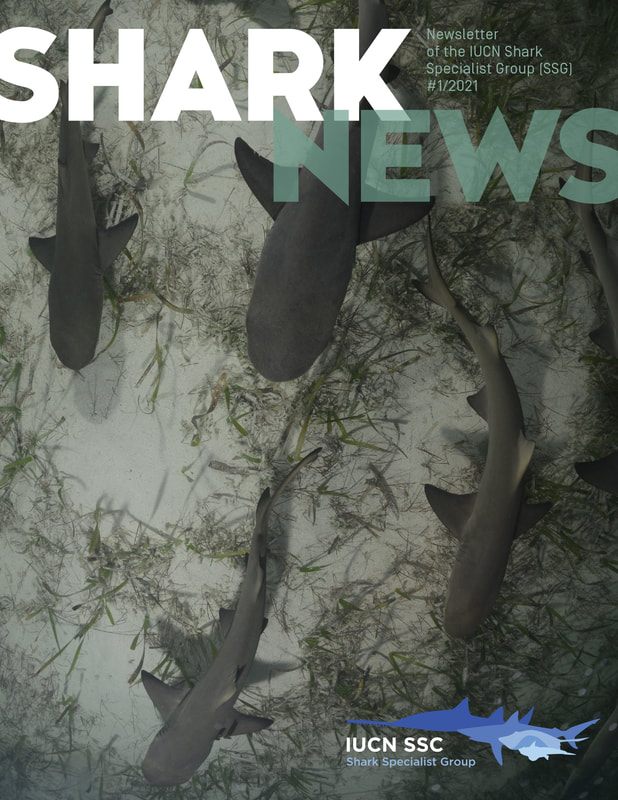An online meeting of the Working Group on Recreational Fishing (WGRF) was held on 25 and 26 of February 2021. The General Fisheries Commission for the Mediterranean (GFCM) coordinated the meeting. The Working Group’s main objective is to fill the main data gaps in this activity and produce helpful advice to support the sustainable management of recreational fisheries from an Ecosystem Approach to Fisheries perspective. Among the different objectives, the most important have been: • Evaluate the biological and ecological impacts of Recreational Fishing (RF) activity on fish stocks (priority species in particular) and habitats; • Evaluate the socio-economic impact on coastal communities and related sectors; • Reach to sustainable recreational fisheries management; • Evaluate and monitor potential conflicts for resources, spaces and gears, between RF and Small-Scale Fishing (SSF). The main contributions were produced by Spanish, Moroccan, Algerian, Tunisian, Turkish, Croatian and Italian colleagues. A methodological standard showed that the three data acquisition modes, offsite, onsite and spearfishing, are the primary sources. The discussion developed mainly on the existing interaction between RF and SSF regarding captured species, frequented areas, and gear. Another critical consideration was the need to limit or eliminate Illegal, Unreported and Unregulated (IUU) fishing. A program to monitor any existing conflicts between SSF and RF is necessary to plan data collection using shared methodologies. In this sense, stakeholders’ involvement is essential to obtain more detailed and precise information about the species captured. Again, everyone agrees on the need to create a list of priority species, allowing a comparison between SSF and RF activities to assess any overlapping interests.  Recreational fisher with a 15Kg Porbeagle Shark (Lamna nasus) unhooked from Sabiki Rig hooks that were in his fins and subsequently released alive, off the island of Blitvenica, Žirje, Croatia. This species is strictly protected and catch is prohibited in the Mediterranean under the International Commission for the Conservation of Atlantic Tunas (ICCAT) and European Union (EU) regulations, demonstrating the urgency to raise awareness in both recreational fishers and enforcement officers. Finally, it was pointed out (by the Shark Trust) that elasmobranchs are not present in the faunal lists, if not in a minimal part, from the various speakers’ results. This aspect is not understandable, as we know from the MEDLEM (MEDiterranean Large Elasmobranchs Monitoring) program that the RF also catches elasmobranchs, including protected species such as shortfin mako. In this sense, it has been suggested (by the IUCN-SSG) that the GFCM and EU regulations must also apply to RF and not only to professional fishing. Anyway, it requires understanding why elasmobranchs don’t appear on the RF capture lists? Currently, the elasmobranch species prohibited in «Italian seas» that «shall not be retained on board, transshipped, landed, transferred, stored, sold or displayed or offered for sale» are listed in several European Union regulations, resulting in difficulty of implementation. Enforcement officers facing different species in different regulations have many doubts about species identification and the actual application of the regulation to various circumstances. Regarding recreational fisheries, the species clearly prohibited in Italy (and other EU countries) by the European Union regulation are Carcharodon carcharias, Cetorhinus maximus, Mobula mobular, Pristis pectinata, Pristis pristis, and Squatina squatina. Moreover, the ICCAT species Alopias superciliosus and the three hammerheads sharks are also clearly prohibited. The species that should be released alive when caught by recreational fishers and for which the prohibition in the ICCAT regulation is more softly indicated are Alopias vulpinus, Isurus oxyrinchus and Prionace glauca. These are also the species more frequently caught by recreational fisheries in Italy; therefore, we proposed them as priority species to be monitored. We have established a good collaboration with the Italian national authorities for a common understanding of the management measures in place to obtain a clarification on the prohibition of their retention if caught by recreational fisheries, also in view of a proposal for the update of the national law for this sector. Finally, when considering the species listed on Annex II of the SPA/BD Protocol of the Barcelona Convention, for which the Recommendation GFCM/42/2018/2 applies prohibiting to professionals the retention, transshipping, landing, etc. of 24 shark species, its application to recreational fisheries in not specified in the GFCM recommendation. Therefore, if caught by recreational fisheries in European Union waters, their prohibition is not implemented in the relevant European Union regulation [Regulation (EU) 2015/2102].
Comments are closed.
|
Archives
May 2024
Categories
All
|

